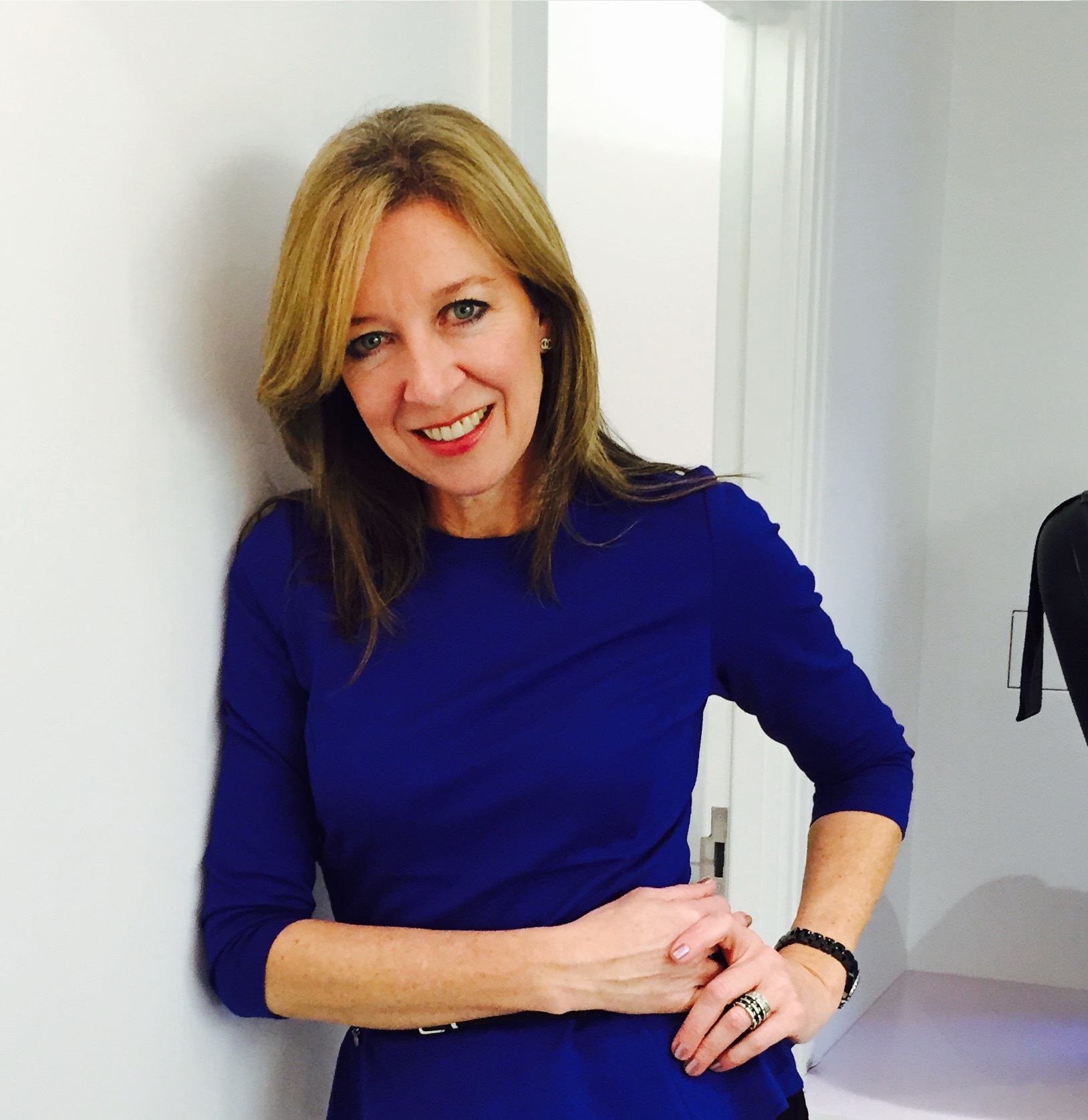Why salon owners need to think fluidly
As some of you may know, I was almost a dragon. Watch it – I know some will say I already am one! But seriously, after several interviews for BBC’s Dragons’ Den I went to Manchester for a screen test. They wanted a woman and I was down to the final two, up against Deborah Meaden. I think it’s a good job they chose Deborah. I’d never be in her league financially or have the time to be involved in all those other ventures. But I still love watching it as I find it fascinating.
When I did my screen test they told me I was too ferocious. The poor guy pitching his idea to me completely dried up and couldn’t articulate his business model and finances. It was a taxi franchise, long before Uber or any of the apps we use today. As much as I felt for him, I couldn’t cut him any slack because he really shouldn’t have been so woolly. I wasn’t having any of his bluster on trying to fudge the numbers, which he seemed to pluck out of thin air. However, since the success of those apps, I’ve often wondered what happened to him. Had he been able to think with fluidity, maybe he would have gone on to start Uber or Gett.
I do some private consultancy as well as running the companies that I co-own. Consultancy is like real-life Dragons’ Den, and working with start-ups is particularly enjoyable. I help them consider factors that they hadn’t realised were so critical, as well as picking their business model to pieces. This gives them the confidence they’ll need if they’re looking for investment. Gaining a clear industry overview is crucial if they have any hope of understanding the market they’re trying to work with.
Some are so new to it and have a lot to learn about how the beauty industry thinks and operates if they can ever dream about making money out of us. We seem to be attracting a lot of attention from the IT world, who would clearly love to be able to do a virtual leg wax – thank heavens, that’s not yet a reality.
The other day I was thinking about what really sets successful businesses apart from their competitors. Is there one singular element that brands with repeated success and longevity truly share? They do have one thing in common – the ability to think fluidly. Having a business is like looking at a tidal sea; the landscape of it never stops changing. Rigidity in thinking is terminal for any business owner. We have to be willing to accept that things are heavily subject to change, especially our customers and what they want from our service offering and teams.
As much as we can try and be true to our own brands, we must learn to grow and develop, occasionally being willing to be swept off the original course. Our business thinking needs to be able to align with consumers’ mindsets, and we should be vigilant in noticing the nuances in their behaviour. It’s a delicate balancing act but change comes whether we like it or not, so we might as well embrace it.
It’s not always easy, though, especially when you have team members who are lovers of routine and used to doing things a certain way. The person who I’ve worked with the longest is our technical director Mario (nudging 30 years – he jokes that you really would get less for murder). He said that working very closely with me for so long meant I’d practically institutionalised him – as if I could.
But it is a truism that it’s easy to get into a comfort zone in our thought processes, and it’s a dangerous place to find ourselves. The ability to think fluidly is an asset to any business. Remember Carphone Warehouse? Stuck with a name that became irrelevant very quickly (who has car phones now?), the company realised it had to change direction but kept the name while broadening the scope of its offering, and with great success. There’s got to be a lesson there for all of us. Hellen Ward (pictured left) is managing director of Richard Ward Hair & Metrospa in London’s Sloane Square and co-chair of Trailblazers for the hair and beauty industry sector. Send your feedback to hellen@professionalbeauty.co.uk
Hellen Ward (pictured left) is managing director of Richard Ward Hair & Metrospa in London’s Sloane Square and co-chair of Trailblazers for the hair and beauty industry sector. Send your feedback to hellen@professionalbeauty.co.uk

